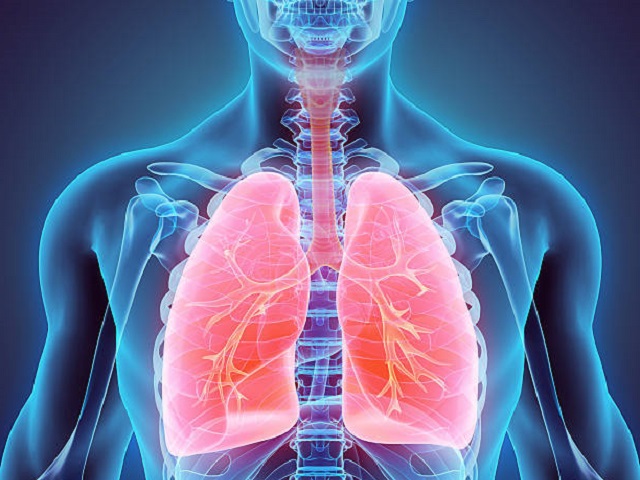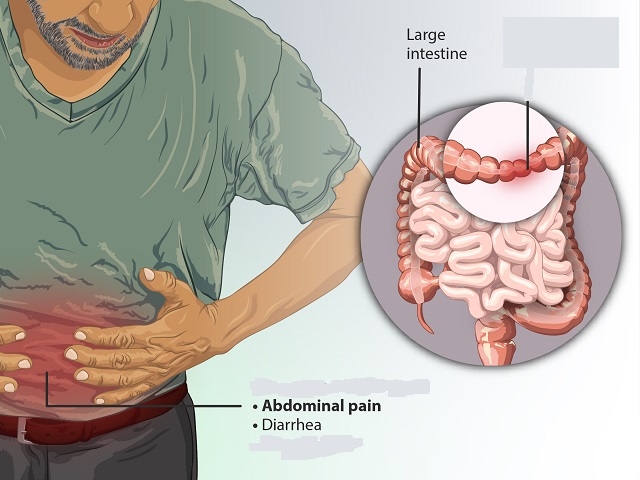8 Signs You May Have Pneumonia -- Symptoms, Causes, Effects, Treatment and Prevention
Pneumonia is a respiratory infection that affects the lungs, causing inflammation in the air sacs. It can be caused by various pathogens, including bacteria, viruses, and fungi. Pneumonia can range from mild to severe and can be particularly dangerous for young children, older adults, and individuals with weakened immune systems. Prompt diagnosis and appropriate treatment are essential to prevent complications. Below are the key aspects of pneumonia, including symptoms, causes, effects, treatment, and prevention.
Symptoms of Pneumonia:
The symptoms of pneumonia can vary depending on the age and overall health of the individual. Common symptoms include:
- Cough, often with mucus production
- Fever and chills
- Shortness of breath or rapid breathing
- Chest pain, particularly when coughing or breathing deeply
- Fatigue and weakness
- Sweating
- Loss of appetite
- Confusion (particularly in older adults)
Causes of Pneumonia:
Pneumonia can be caused by different types of pathogens, including bacteria, viruses, and fungi. The most common causes include:
- Streptococcus pneumoniae: This bacterium is the most common cause of bacterial pneumonia.
- Influenza viruses: Influenza A and B viruses can lead to viral pneumonia or increase the risk of secondary bacterial infection.
- Respiratory syncytial virus (RSV): RSV is a common cause of pneumonia in young children.
- Mycoplasma pneumoniae: This bacterium is responsible for atypical pneumonia.
- Fungi: Fungal pneumonia can occur in individuals with weakened immune systems, such as those with HIV/AIDS or organ transplant recipients.
Effects of Pneumonia:
Pneumonia can have several effects on the body, including:
- Difficulty breathing: Inflammation in the lungs can impair the exchange of oxygen and carbon dioxide, leading to breathing difficulties.
- Lung complications: Pneumonia can result in complications such as lung abscesses, pleural effusion (build-up of fluid in the lungs), or respiratory failure.
- Systemic effects: Severe pneumonia can affect other organs, leading to sepsis, organ failure, and even death.
Treatment of Pneumonia:
The treatment of pneumonia depends on the underlying cause and the severity of the infection. It may include:
- Antibiotics: Bacterial pneumonia is treated with antibiotics, while viral pneumonia is managed with supportive care.
- Antiviral medications: In cases of viral pneumonia caused by specific viruses, antiviral medications may be prescribed.
- Antifungal medications: Fungal pneumonia requires treatment with antifungal medications.
- Supportive care: This includes rest, staying hydrated, managing fever and pain, and using respiratory treatments such as inhalers or supplemental oxygen.
Prevention of Pneumonia:
Preventive measures can help reduce the risk of pneumonia:
- Vaccination: Vaccines are available for certain types of pneumonia, such as the pneumococcal vaccine and influenza vaccine.
- Good hygiene practices: Regular handwashing, covering the mouth and nose while coughing or sneezing, and avoiding close contact with sick individuals can help prevent the spread of respiratory infections.
- Smoking cessation: Quitting smoking reduces the risk of developing pneumonia.
- Strengthening the immune system: Maintaining a healthy lifestyle, including a balanced diet, regular exercise, and adequate sleep, can support immune function.
It is important for individuals experiencing symptoms of pneumonia, especially severe symptoms or those at higher risk, to seek medical attention promptly.
References:
Mayo Clinic. (2021). Pneumonia. Retrieved from https://www.mayoclinic.org/diseases-conditions/pneumonia/symptoms-causes/syc-20354204


















